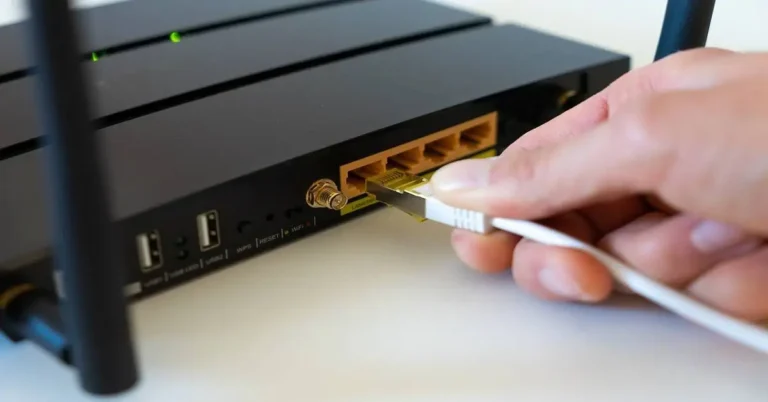Social networks have become an integral part of our lives as the world continues to become more digitalized and connected. We use them to keep track of family and friends, stay updated on current events, and even find jobs. While these networks have been incredibly useful, they have also come with their own set of challenges.
The major problem with traditional social networks is that they are centralized. This means that all the data and information are stored in one place and are subject to the whims of the company that owns and operates the platform. This can lead to censorship, data breaches, and other security issues.

That’s why many people have been turning to decentralized social networks as a viable alternative. These networks are built on distributed ledger technology, such as blockchain, and are designed to be more secure, private, and censorship-resistant.
Unlike traditional social networks, users on decentralized social network blockchains have complete control over their data and identity. Their data is stored on the blockchain, which makes it practically impossible for anyone to access it without permission. In addition, users can decide who they want to share their data with, and they can even choose to be fully anonymous if they wish.
Decentralized Social Networks Powered by Blockchain
As we enter a new era of technology, more and more people are starting to explore the potential of decentralized social networks powered by blockchain. These networks offer an unprecedented level of privacy and security, allowing users to interact with one another without the risk of their data falling into the wrong hands.
In this blog post, we’ll be taking a look at six of the best decentralized social networks powered by blockchain. From platforms that reward users for creating content to ones that prioritize user privacy, these decentralized networks are revolutionizing how we interact online.
1. Steemit:
Steemit is a content-based social network that rewards users for creating and curating content. It operates as a decentralized autonomous organization where users can vote on the content they like and share it with the community. This incentivizes users to create high-quality content to receive more rewards.

2. Akasha:
Akasha is an Ethereum-based social network that focuses on user privacy and censorship resistance. It allows users to store their posts on the blockchain, ensuring that their content won’t be tampered with or lost.
3. Scuttlebutt:
Scuttlebutt is a peer-to-peer social network that operates without central servers. It stores users’ data on their devices, making it secure and private.
4. Synereo:
Synereo is a platform for distributed applications (dapps). It allows developers to build decentralized applications that interact with other network users.
5. Diaspora:
Diaspora is an open-source, distributed social network that allows users to self-host their data. It provides a secure and private environment for users to share their content without fear of censorship.
6. Peer Mountain:
Peer Mountain is a blockchain-based platform that allows users to prove their identity and securely interact with other users. It also provides users with a secure environment to store and share their data.
These six decentralized social networks, such as Blockify Crypto, powered by blockchain, are just the tip of the iceberg. As more people become aware of the privacy, security, and censorship resistance these networks offer, we’ll likely see an influx of new platforms that take advantage of the technology.
Whether you’re looking for a secure ecosystem to store your data or a platform to showcase your content, these decentralized networks will meet your needs. With their innovative features and protection from outside interference, these networks are changing the way we interact online.





